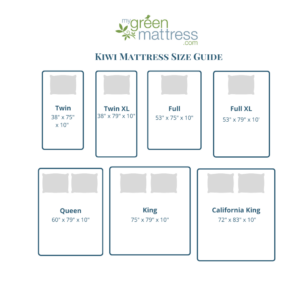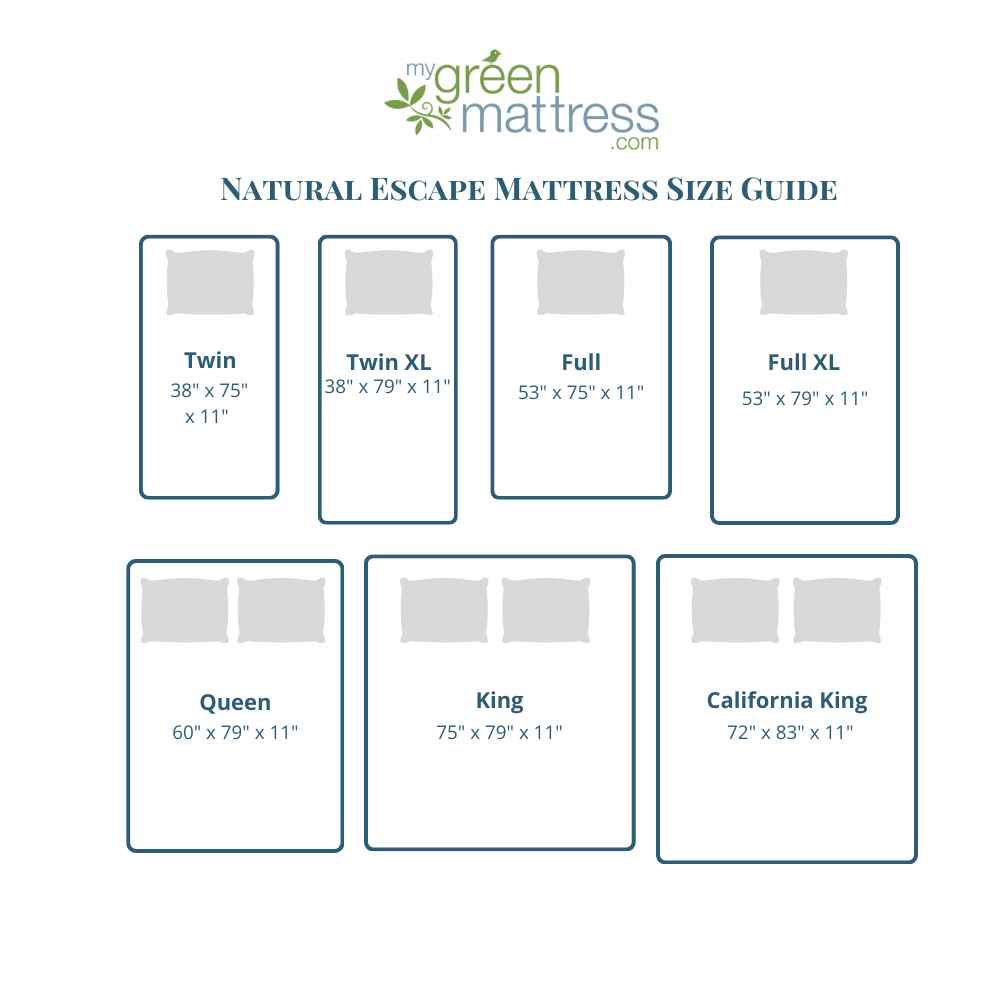Anxiety and sleep often feel like opposites: when anxiety is high, good sleep feels out of reach, and poor sleep, in turn, makes anxiety worse. The relationship between them is complex, as anxiety can trigger physical and mental responses that disrupt sleep. Meanwhile, lack of sleep increases stress hormones, making us more vulnerable to anxious thoughts. Breaking this cycle can feel challenging, but there are unique and effective strategies that go beyond the usual sleep advice.
THis article is intended to give you tips to manage anxiety in a way that supports deeper, more restful sleep.
How Anxiety Impacts Sleep Quality
Anxiety activates our body’s stress response, elevating heart rate, tensing muscles, and filling the mind with racing thoughts—all of which make it hard to relax into sleep. This can result in common sleep issues like difficulty falling asleep, frequent waking, or staying in light sleep rather than progressing through the deeper stages our body needs for full rest. When anxiety triggers this cycle repeatedly, it leads to ongoing sleep issues that can fuel stress even more.
Breaking free requires a mix of mind-body techniques that target the root causes of anxious restlessness.
Unique Strategies to Calm Anxiety for Better Sleep
1. Build a “Worry Time” into your day
If anxiety keeps you up, consider scheduling a dedicated “worry time” earlier in the day. This is a set 10-15 minutes where you jot down any concerns, lingering tasks, or anxieties on your mind. By acknowledging them before bedtime and writing them down, you may reduce the mental backlog that often resurfaces at night. This technique signals your brain that you’ve already handled these thoughts, making it easier to relax when it’s time for sleep.
2. Experiment with breathwork techniques
Simple breathing exercises are often recommended, but unique breathing tools can be game-changers. Try cyclic sighing (two short inhales through the nose, one slow exhale through the mouth), a technique shown to promote relaxation and lower heart rate more effectively than typical deep breathing.
3. Leverage visualization for “place-based” relaxation
Visualization is powerful but often overlooked in sleep strategies. Try mentally creating a “safe place” to visit before bed—a calming scene that feels grounding, like a quiet forest, beach, or warm cozy cabin. Visualize yourself there in as much sensory detail as possible: hear the sounds, feel the textures, smell the air. Regular practice of this technique can help condition your mind to associate this scene with a feeling of calm, making it easier to access even during high-anxiety nights.
4. Work with natural light exposure to regulate melatonin
Melatonin isn’t just about taking supplements; it’s a hormone your body naturally produces in response to light and darkness. In the morning, aim for 15-20 minutes of natural sunlight exposure soon after waking to reset your circadian rhythm. This primes your body to release melatonin later in the day at the right time, enhancing sleep quality. If you’re in a low-light area, consider a daylight lamp to simulate natural light exposure.
5. Adjust your eating window to reduce evening anxiety
Digestion impacts stress levels more than we might realize, as eating late can disrupt sleep by increasing nighttime metabolism. Try shifting dinner at least 3 hours before bed. For some, an earlier eating window (e.g., 11 a.m. to 7 p.m.) can reduce digestive strain and lower cortisol, the stress hormone, by bedtime. Reducing caffeine and sugar after lunch can also prevent sudden energy spikes that contribute to evening anxiety.
6. Try aromatherapy for deep relaxation
For some people, aromatherapy works wonders for calming the mind. Look into unique scents that promote relaxation beyond the usual lavender. Essential oils like clary sage (shown to reduce cortisol), frankincense (for grounding), or sweet marjoram (known to relieve stress) can be diffused in the room about an hour before bed or applied as a diluted blend to the neck or wrists. These scents engage the olfactory nerve, which directly links to the brain’s emotional center.
Addressing anxiety is one of the best ways to reclaim quality sleep. With the right tools, you’ll be able to create an environment that supports restful sleep, even on nights when anxiety feels high.









